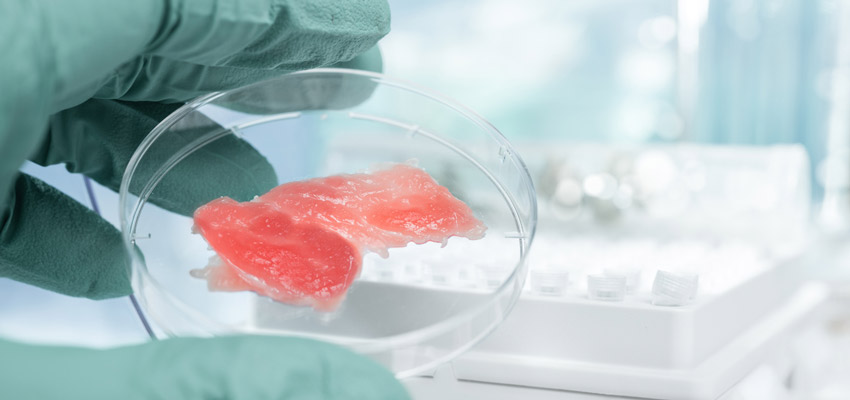The microbiology lab team in Kiel announced that the serological typing of salmonellae has been successfully accredited by the DAkkS. Despite declining numbers, salmonella is the most common cause of foodborne illness outbreaks.
After a positive detection of salmonella in a food or feed product, action must be taken quickly. A positive finding must be reported to the supervisory authorities according to the applicable law (Basic Food Regulation VO (EG) 178/2002).
Serotyping, i.e. the analytical determination of which strain (serotype) was involved, provides valuable information for the company concerned, but also for the official assessment of the incident.
More than 2500 different Salmonella serotypes are known, whereby not all of them occur equally frequently or in food and also differ in their pathogenicity. Frequently occurring serovars are S. typhimurium, S.enteritidis, S. infantis and S.Derby.
If the seroype is known, conclusions can be drawn about the possible source of entry and the necessary measures can be taken in a targeted manner to exclude consequential damage.
Until now, the confirmatory analyses had to be subcontracted to external laboratories, e.g. to the Federal Institute for Risk Assessment (BfR). With the introduction and accreditation of the standard method ISO/TR 65791-3 at AGROLAB LUFA, a large number of serotypes, including the most important food-relevant serotypes, can be clearly distinguished.
YOUR PLUS: By eliminating the need to send isolates for external differentiation, the time until a typing result is available is reduced by several days. This is particularly valuable time when an official shutdown is imminent.
Note: Serotyping is not carried out automatically after a positive salmonella result (e.g. detectable in 25 g), but requires an additional order from the customer.
Author: Dr. Frank Mörsberger

 Contact
Contact

 Contact
Contact Career
Career